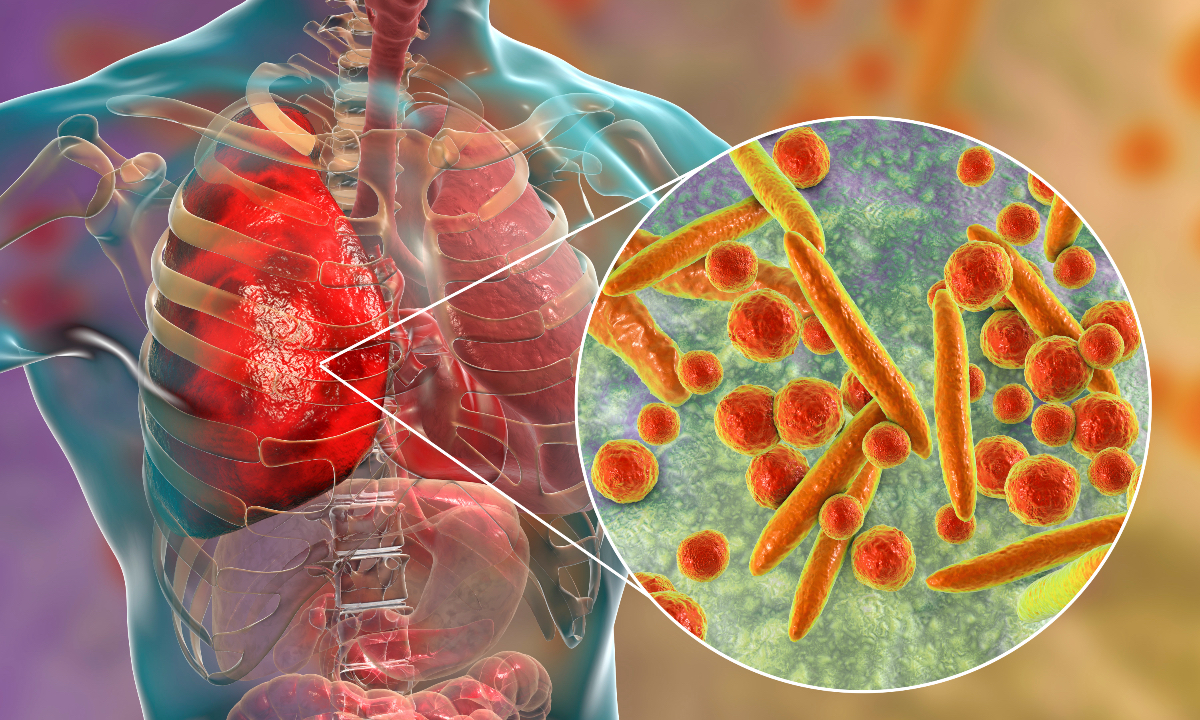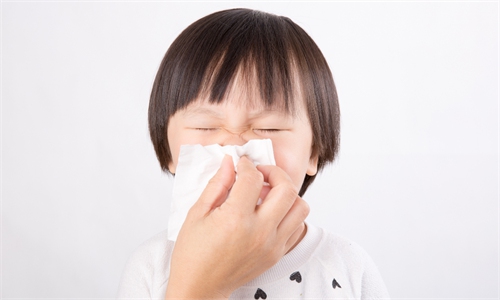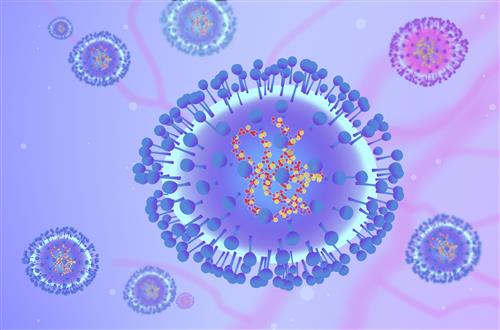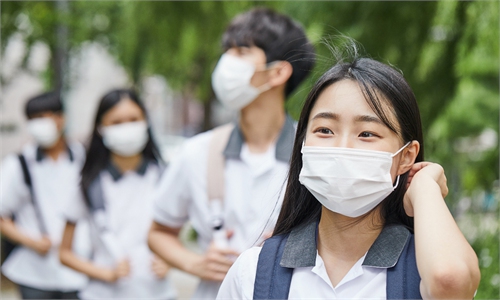
Photo: VCG
Infections of mycoplasma pneumoniae pneumonia (MPP) have peaked across China in recent days with local hospitals in some places seeing an increasing number of infected children and young people. Experts attribute the rise to declining immunity levels due to preventive measures against respiratory disease transmission, as well as and excessive use of antibiotics.
Mycoplasma pneumoniae is a kind of prokaryotic pathogen with no cell wall. It occupies a structural position between viruses and bacteria, lacking a cell wall which bacteria have but with a more complex structure compared with viruses and is evolutionarily more advanced than viruses, The Paper reported on Monday.
According to medical experts, symptoms caused by MPP vary greatly between different individuals. Some people can be asymptomatic or present with only upper respiratory symptoms. Lower respiratory symptoms may also occur to some people, and there can be extrapulmonary manifestations such as myocardial, hepatic and neurological damage, according to media reports. There also exist individual reports of death caused by some cases of MPP.
Infections with mycoplasma pneumoniae can occur throughout the year. In Beijing, mycoplasma pneumoniae infections are more prevalent from August to December each year, typically peaking around November. Beijing Center for Disease Prevention and Control warned about the disease last Thursday, stating that mycoplasma pneumoniae is one of the main pathogens leading to the high incidence of pneumonia in the autumn and winter seasons in the capital city.
Liu Maosong, a doctor from the department of pediatrics at the Baoshan branch of Renji Hospital Affiliated to Shanghai Jiao Tong University School of Medicine in Shanghai, told the media that despite the number of outpatient visits by MPP patients has seen a significant increase in recent months, the number is only about half of what it was before 2019.
The concentration of people after the start of the new semester, combined with viruses such as the flu, has led to a spike of MPP in recent days.
Experts have attributed part of the rising risks of MPP infections to the preventive measures against respiratory disease transmission over the past three years which may have led to a decline in immunity levels.
Zhuang Shilihe, a Guangzhou-based immunologist, told the Global Times on Monday that it may also be a result from the excessive use of antibiotics in China, which has led to the less effectiveness of common antibiotics, such as Azithromycin, in treating MPP.
Human beings are generally susceptible to MPP, but it is more prevalent among children aged 5 and above as well as adolescents, Lu Hongzhou, director of The Third People’s Hospital of Shenzhen, told the Global Times on Monday.
According to Lu, children diagnosed of MPP at the hospital are mostly children studying at kindergartens and primary schools.
However, MPP in China has displayed the characteristic of affecting younger age groups, and some children under 3 years old may also be affected, Lu said, noting that children with relevant symptoms should present at a hospital as early as possible.
According to Lu, MPP can be transmitted through the air, thus the spread of the disease is more likely to occur when in a crowded, enclosed and poorly ventilated environment, or when there is an increase in population density or a dropping air quality. However, it is not classified as a notifiable infectious disease and does not spread like COVID-19, despite that cluster infections of the disease also occur in some families or classes.
Liu Maosong, doctor from the department of pediatrics at the Baoshan branch of Renji Hospital Affiliated to Shanghai Jiao Tong University School of Medicine, told the media that the pathogenic mechanism of MPP is not completely clear at present. It is not classified as a notifiable infectious disease and it’s not as contagious as an infectious disease. However, individuals with weakened immune systems are more susceptible to the infection if they have close contact with an infected individual.
Li Jun, a doctor from the Infectious Disease Department of Jiangsu Province Hospital, told media that despite children and adolescents are susceptible to MPP in common circumstances, adults can also become infected, especially those with weakened immunity or chronic respiratory conditions.
Since the weather is getting colder and there is an increasing risk of combined infections of MPP and COVID-19 in the cold days which can cause severe illnesses, Zhuang, however, thinks there is no need to worry too much.
According to Zhuang, while MPP affects children more, COVID-19 leads to more severe cases among the elderly. Besides, while MPP may reach peak in the following month, the peak of COVID-19 infections will come later. Thus, more consideration about the Superimposed effect of multiple diseases should be influenza and respiratory syncytial virus and COVID-19.
Some people have attempted to design vaccines for MPP to prevent the outbreaks of the disease, but the protective rate was only 50 percent. There exist no systematic reports on antibiotic prevention of the disease, Lu said, giving advices such as strengthening personal protective measures such as wearing masks, washing hands and keeping social distance to lower the risks of infection. If a patient has symptoms such as cough and fever, he should seek medical treatment in a timely manner.



